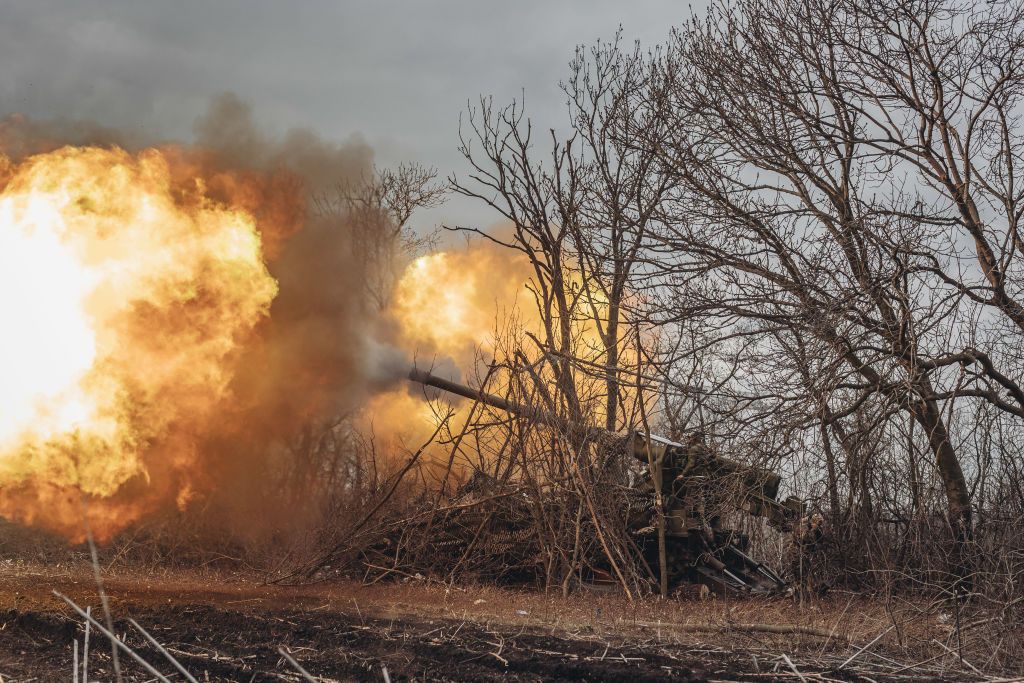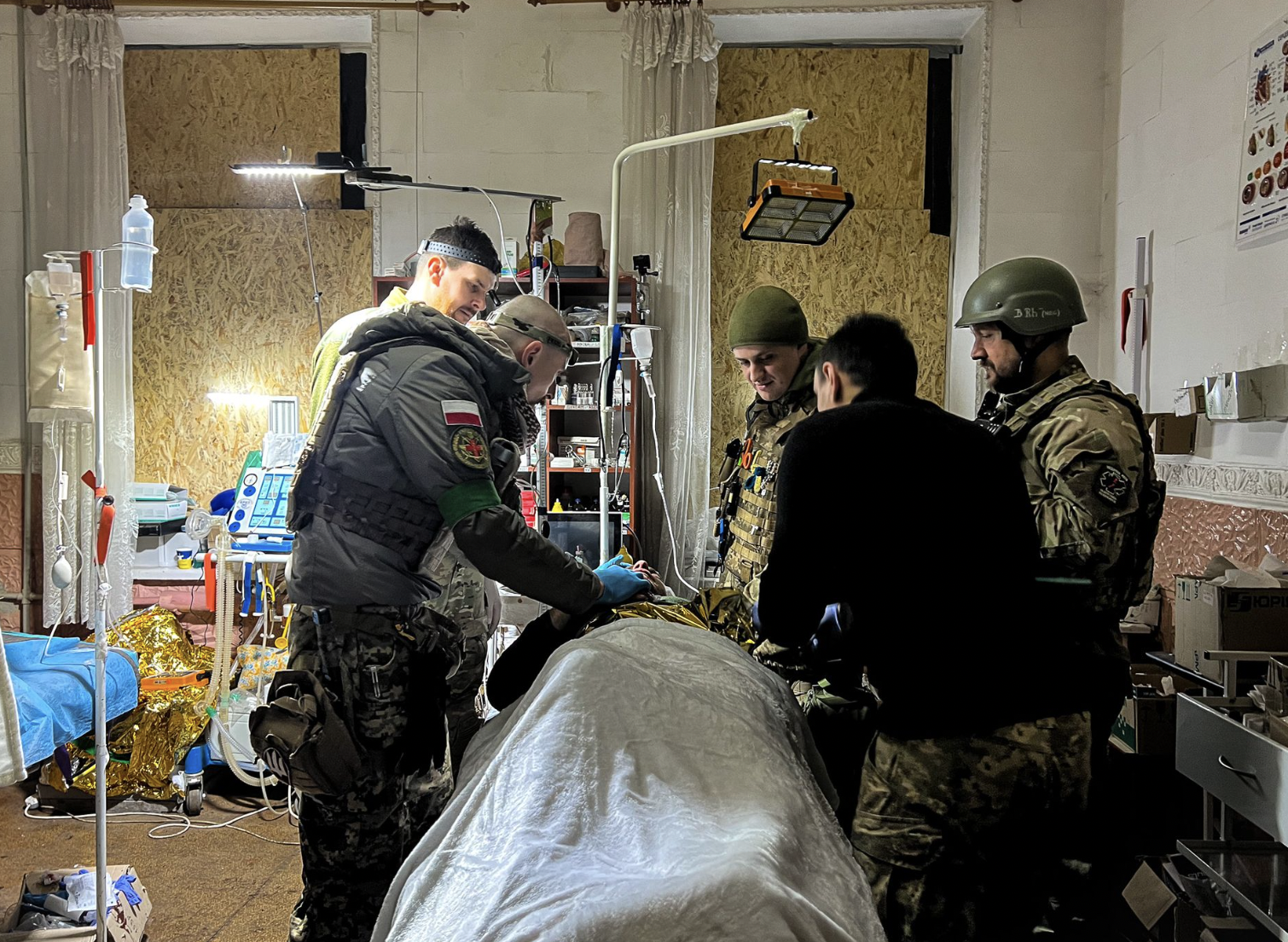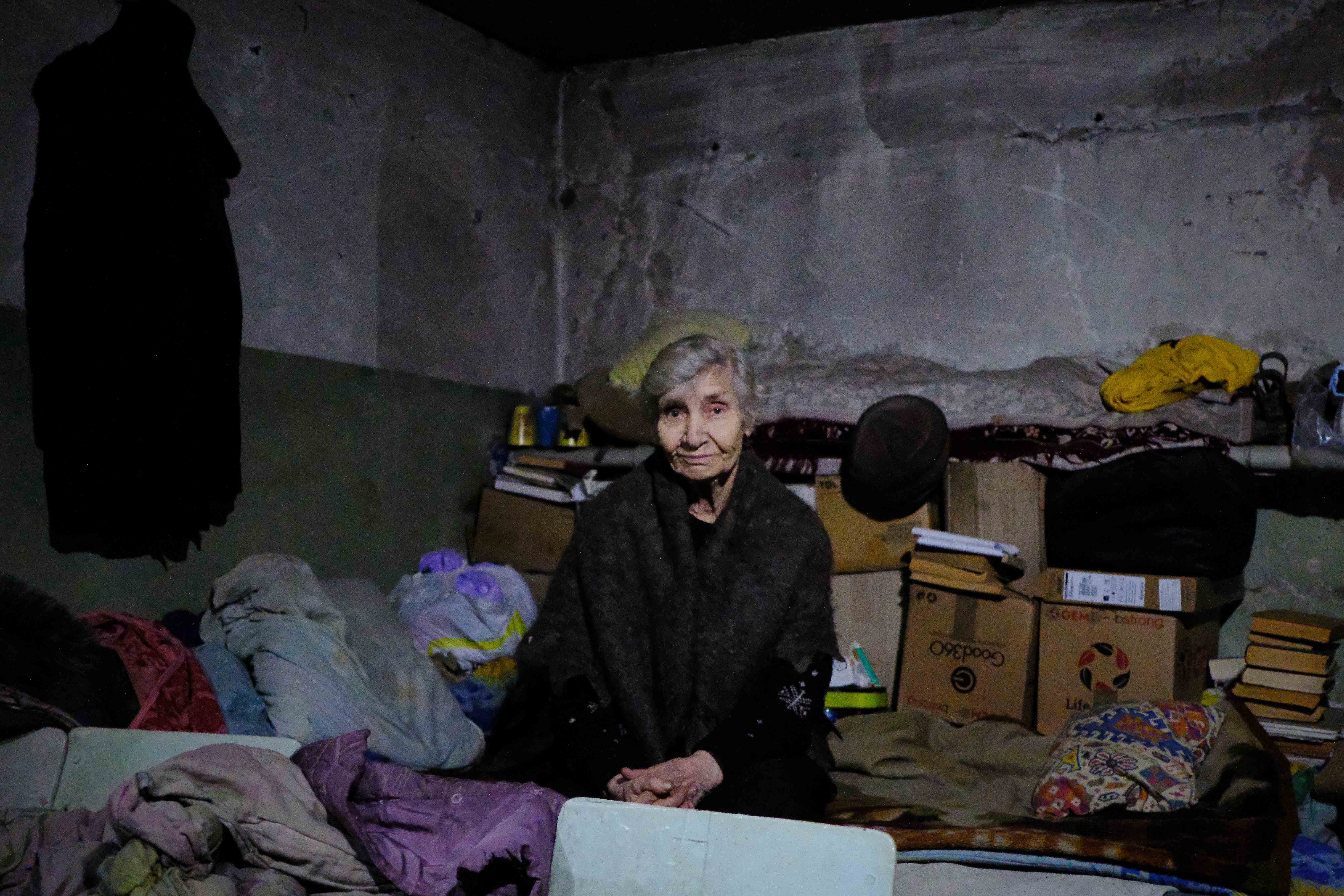Official: Russia trying to undermine trust in Ukraine's decisions about Bakhmut

Ukraine's Deputy Defense Minister Hanna Maliar said on March 29 that Russia is conducting a psychological operation to undermine Ukrainians' trust in the leadership's decisions regarding the defense of Bakhmut.
Russian propaganda presents the battle for Donetsk Oblast's city of Bakhmut "as an apocalyptic event," which will ultimately affect the course of the war, according to Maliar.
"Overwhelmed by the approach of 'the end,' the frightened society would begin pressuring the country's leadership to stop defensive operations, according to the enemy's plan," explained the official.
Among other goals of Russia's psychological operation reportedly are demotivating and lowering the Ukrainian army's morale and provoking Ukraine's military leadership into wrong actions.
According to Maliar, to achieve this, Russia is spreading the following narratives:
- "The decision to defend Bakhmut is political";
- "There is no point in holding Bakhmut as almost the whole city is allegedly encircled";
- "The heroism of Ukrainian defenders is inflated by Ukrainian propaganda."
Doing this, Russian propagandists "endlessly exploit" the names of President Volodymyr Zelensky and the Commander of the Ground Forces Oleksandr Syrskyi, silencing the fact that military decisions are not made by one or two people but the whole command, said Maliar.
She emphasized that Ukraine's defense of Bakhmut is currently justified by "operational and tactical expediency."
It aims to maintain regained positions, prevent Russia from advancing deeper into the Ukrainian territory, inflict significant losses on its troops, and create conditions for Ukraine's counterattack, according to the military official.
"Bakhmut will be defended as long as it is necessary for us in order to fulfill military defense tasks," she added. "And it is our military command, not the Russian psychological operations, that will determine how long Bakhmut will be held."
The battle for Bakhmut, a city in Ukraine's Donbas region, has been raging for the past seven months. The Russian military is attempting to increase its grip over the entirety of the oblast, around half of which it currently occupies.
Western officials, including NATO Secretary General Jens Stoltenberg and U.S. Defense Secretary Lloyd Austin, claimed a possible loss of the city would not be a critical juncture in the war.
According to the latest assessment by the Institute for the Study of War, Russian forces have advanced another five percent of Bakhmut in the last seven days and currently occupy roughly 65 percent of the city.














